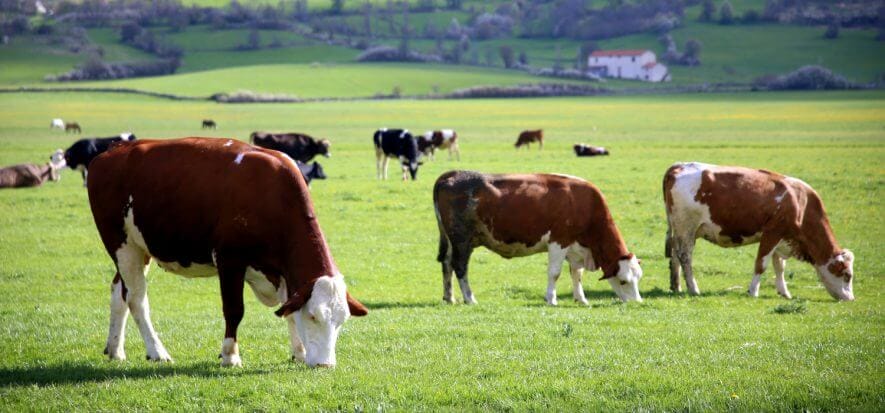Who knows if the Danish approach to meat will eventually be that of fiscal oppression. And who knows if it will find followers (we hope not). The first proposal of the Copenhagen “ethical committee” defined in August, was that of taxing bovine products more aggressively. This approach appears to have “ethical” (not really) reasons, but to be lacking a certain comprehension of the market.
The Danish approach to meat
The ethical committee of Denmark advanced a proposal, at the end of August, which received 14 favorable votes and 3 against, to introduce a new tax on meat: initially only beef, and then on all bovine products. Why? To fast track efforts to achieve carbon neutrality. According to Euronews, the government has opened its door to the proposal. “We are evaluating all possibilities – said the country’s Finance Minister Jeppe Bruus -. In part, we are restructuring our food industry: we are evaluating creating a tax on production of bovine meat, among other things. And naturally, we are also examining other potential taxes on consumption and their applications”.
Norther wind
The urgency of governments to make claims on GHG emissions is transforming into a nightmare for the livestock industry in Norther Europe. In Ireland, to cite recent news, a proposal was presented in July to cut the number of Bovine units by 200,000. In the Netherlands, similar “green” policies and consequent protests have brought on a government crisis. Reading this news about Denmark, the impression is that the wish hidden behind this taxation model, is to ban the consumption of red meat all together.
The proposal’s weaknesses
Yet, we believe that the proposal from the Danish ethical committee has at least two main flaws. The first: it doesn’t look at the livestock industry holistically, meaning it doesn’t evaluate all the industrial dynamics of meat production and its consequent environmental impact. It hits it because it needs an easy target. Second: it twists the market without considering what the consequences may be from a social and environmental standpoint. On one hand it pushes the public (according to Euronews it is already happening) towards other animal protein, such as fish and other animals. On the other, it selects it because the shift would only impact less-wealthy consumers, and not change the habits of those capable of spending a bit more for filet and stakes. It’s comforting to know that similar proposals in 2014 and 2015 in UK and Denmark (again) ended up not brining any change.
Photo from Shutterstock
Read also:











